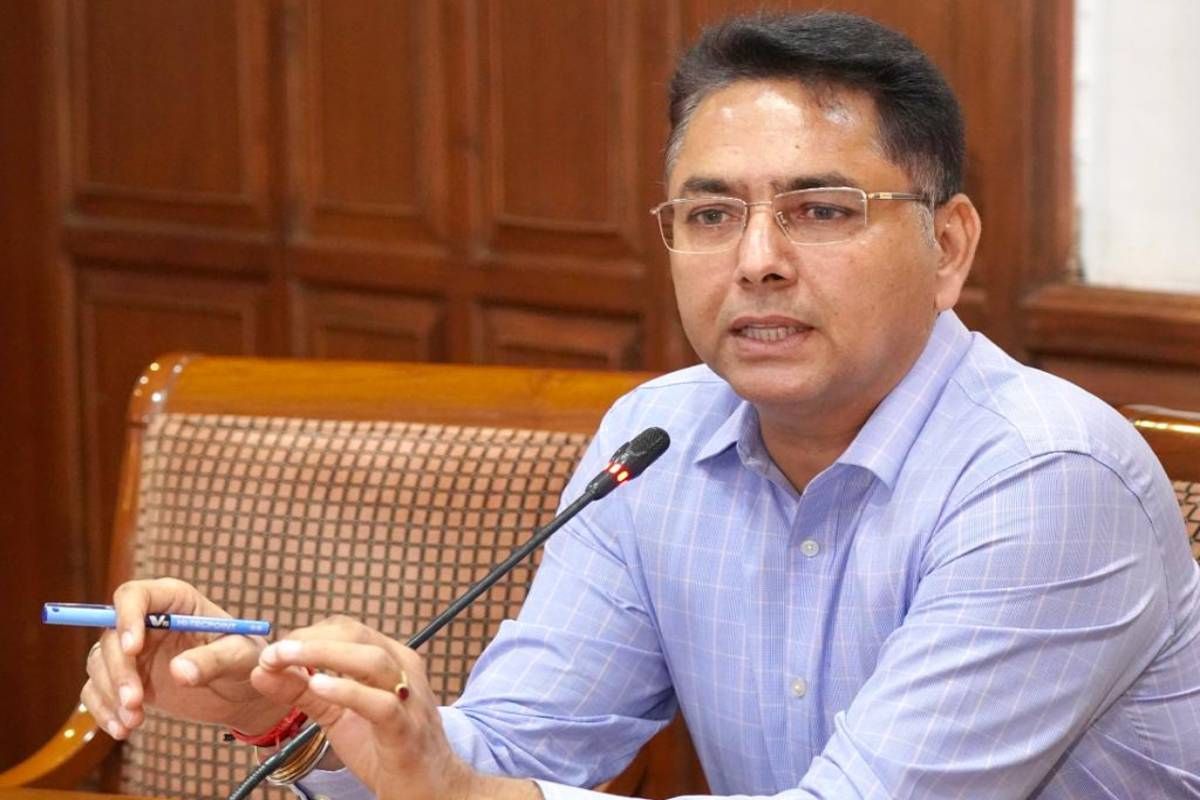Jobs at your doorstep. Well that is on top of the agenda for the Punjab government, says Employment Generation and Training Governance Reforms Minister Aman Arora. It does not mean that someone will knock at your door and you will get a job in the backwaters of Punjab, you can be sure about it.
Q. How will a job at one’s doorstep be possible, especially in the backwaters of Punjab where there are no industrial units?
Advertisement
A. Well, there are industrial units in Ludhiana, Khanna, and Jalandhar, but in many districts, there are smaller factories. The problem is that there is a disconnect between the technical education and diplomas one receives and the requirements of the industry. Now we have surveyed as per which we will train the youth specifically for the industry. So a connection will be established. In fact, it has already been
Q. Wouldn’t paltry salaries be the issue working in rurban (semi-urban) Punjab?
A. See, especially for those earning less, or at the beginning of one’s career, if one does not have to pay rent and live with parents or home, one almost saves 25 to 40 per cent of one’s salary.
Q. Is the state facing any challenges thereof?
A. Our Multi-Skill Development Centres are almost defunct or partially functional. The centre government schemes/funds are not coming. So we have to devise a system of our own. I have already made a working group which has people from the industry, bureaucrats, etc working to look for ways to generate employment and to establish the connection between the youth seeking jobs and the industry.
Q. There has been a lot of immigration from Punjab to the West. That sure reduces the burden on the state but then people have started looking at this as a top job avenue.
A. That has happened primarily due to the doings of the previous governments. But now, there are three major challenges — one is, it has become a challenge that youth are flying out, two, there are blue collar jobs in the unorganised sector but the aspiration is for a white-collar job, and, three, there is a huge vacancy of qualified professionals in many professions which have not been filled.
For example, there are jobs for veterinarians and accountants, but no job seekers. So we are trying to set up that connect – whereby youth will be encouraged to pursue such degrees so that the space that remains unfulfilled is occupied.
Q. What are you doing to keep up the pace with technological advancements?
A. We are preparing to remain up to date with the latest technology in the market like artificial intelligence and green hydrogen, etc. Also, there is focus on the upscaling of soft skills.
Q. Is there any action plan for the execution of what you have just enunciated vis-à-vis the creation of jobs? What is the change compared to previous governments?
A. We have appointed 52 governance fellows who are infusing new out-of-the-box ideas. These are smart young men and women who are studying the gap between what the youth have in terms of skill, what the industry wants and how the government can help establish the connection between the two. Normally, there is always a lack of awareness about the government’s policies and programmes among people. These young governance fellows are the eyes and ears to bridge the gap of ignorance on all three sides – unemployed youth, industry and government.
Q. Don’t you think youth from Punjab compared to the neighbouring states like Haryana, Jammu and Kashmir, and Uttarakhand are losing due to a decline in the standard of education? Youth from humble backgrounds are left to fend for themselves. What are you doing for them?
A. That may have been the case during the tenure of previous governments. But not anymore. In my assembly segment, I was recently called to honour a young boy named Sukhbir who had cracked six competitions. He belonged to the humblest of backgrounds. Increasingly you will see more such examples in times to come.











